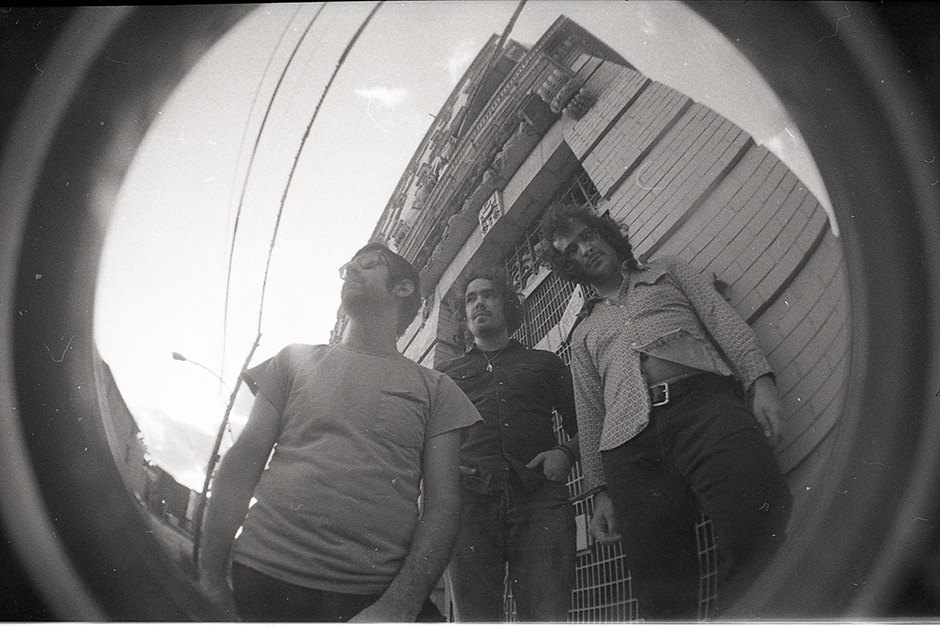Release Date: April 22, 2014
Label: Drag City
Within Philadelphia exists a rotating cast of songwriters, friends and collaborators, all aboard a rock and roll freak train. These include Kurt Vile and his band the Violators, as well as Adam Granduciel, the man behind neo-classic rock outfit The War on Drugs. But there’s also the mighty Mike Polizze, mastermind of skittering punk group Purling Hiss. While Polizze shares Vile and Granduciel’s sensibilities for feedback-drenched guitars, Purling Hiss songs are rooted in lysergic grooves, wading into murkier sonic and lyrical territories along the way.
Dizzy Polizzy isn’t technically a new release for the band, but rather a dormant compilation of songs that Polizze recorded from 2004 to 2009, now brought to the public ear. It’s more of a complement to one of Polizze’s first releases, 2010’s Public Service Announcement, and is notably less polished than his latest release, the Granduciel-assisted Water on Mars, Purling Hiss’ tightest to date. By comparison, Dizzy Polizzy is quieter, a bit more muffled, yet it doesn’t skimp on Polizze’s idiosyncratic guitar lines. The album is a collection of songs about being lovesick. “She don’t ever think of me/ She takes my heart and makes it bleed,” Polizze confesses on the soft country ballad “She Don’t Mind.” On “Sifting Through My Hands,” Polizze’s voice cracks with desperation as he squeals, “I’m gonna forget ya,” as if trying to convince himself it’s possible.
The record is as woozy as its title suggests, bleary-eyed as though waking up from a too-short nap. “Digh High” hurls guitar loops into a paisley-toned jam, while “On the Last Day” bursts with warped vocals, muted acoustic guitars and charming analog-tape weirdness, evoking the experimental tendencies of back-in-the-day Beck and contemporary fuzz-poet White Fence. But the messiness is lovely, especially on “She Don’t Mind,” and on “Sifting Through My Hands,” with its echoes of Neil Young.
These songs are couplets, not complete poems; beginnings, not ends. Yet Dizzy Polizzy is a testament to Polizze’s sincerity as a thinker, hopelessness as a romantic and skills as a multi-instrumentalist – especially on closer “Headlights,” featuring a tearful harmonica introduction and hopeful acoustic outro. Dizzy Polizzy reminds listeners where the first sparks of Polizze’s talents began to glow, tiny but radiant.





